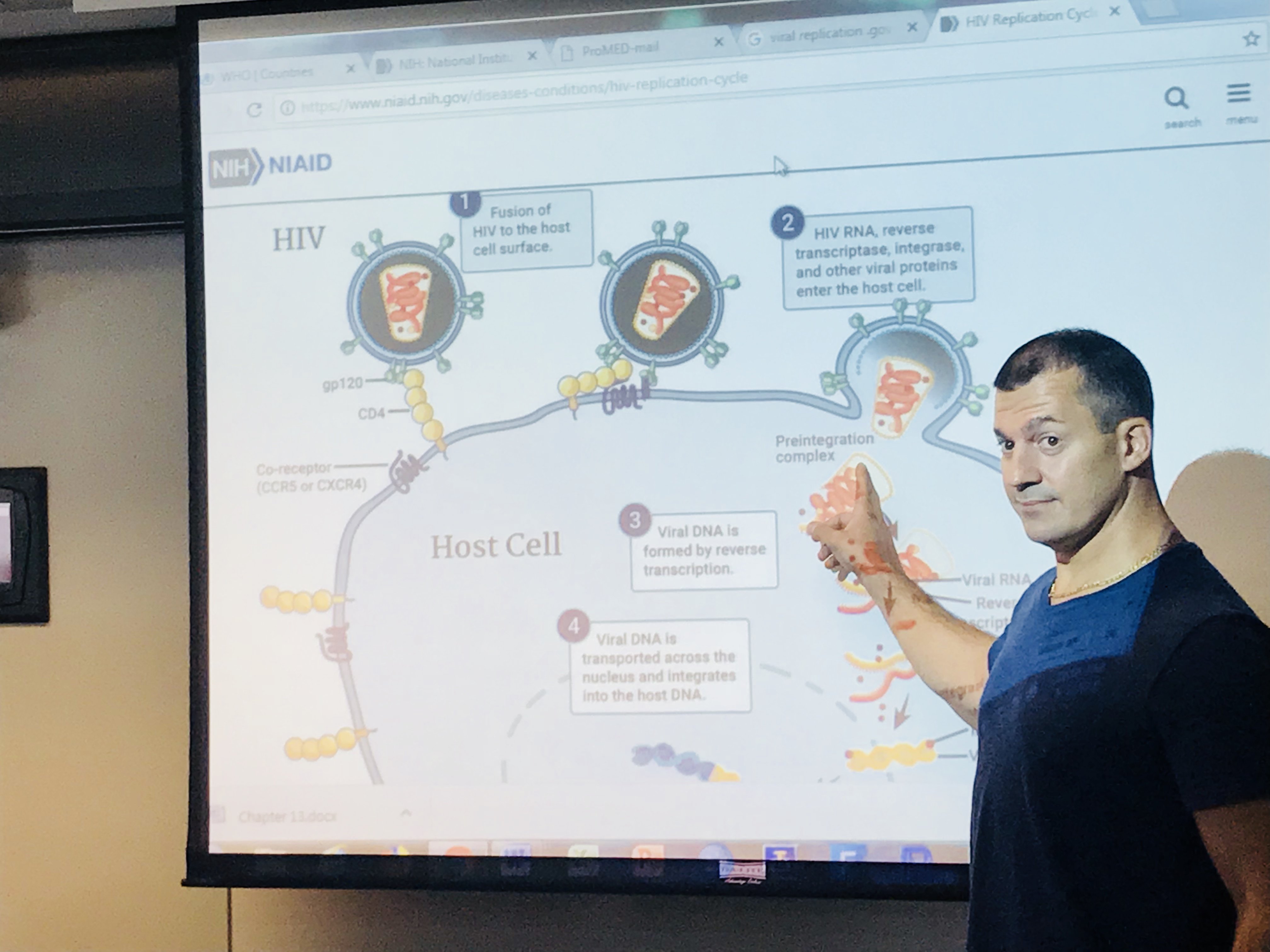COURSE INSTRUCTOR
Adam Stefanile

Dr. Stefanile’s previous pedagogical experiences began at the secondary school level educating urban students in the fields of Science, Technology, Engineering, Mathematics (STEM) while emphasizing all domains of the biological sciences. Early in his career Dr. Stefanile had an opportunity to become an assistant to the college professor at New Jersey City University in the department of Geo-Science. This led him to master the skill of lecturing as well as encouraging urban college students to engage in consistent collaborative dialogue by discussing ethical concepts such as human impact on the environment and global warming. Over the last twenty-years, the majority of Dr. Stefanile’s pedagogical experience has been, and continues to be, emphasizing and integrating genomics and microbiology within STEM education.
Dr. Stefanile’s scholarly interests include STEM, genomic education, microbiology, curriculum development and pedagogy, interdisciplinary science, professional development for science and medical educators, computer-based learning, and distance teaching and learning. Dr. Stefanile is passionate about these interests, as they are all associated with STEM and higher education and promote critical thinking, reasoning, and communication skills that are quintessential for acclimating an individual into the STEM/genomic workforce sectors.
As a lifetime urban educator, Dr. Stefanile believes the need to educate students beyond a unidimensional approach of increasing diversity by preparing educators and students in the field of STEM by developing pedagogical strategies that embrace the diversity of each educator and student. Dr. Stefanile’s has demonstrated, and continues to demonstrate, this in an urban classroom by engaging undergraduate and graduate students in computer-based learning utilizing genomic/genetic interactive websites that address their personal characteristics (genome) as well as ethical, legal, and social challenges. Utilizing an inclusive pedagogical framework has fostered the development of students as a community of learners that embrace their differences and are able to use these differences to support their learning. A consistent goal of Dr. Stefanile’s pedagogy is to maintain efforts to promote the development of communication and interdisciplinary STEM skills, which will lead to the integration of classroom diversity and collaborative learning. These experiences, as well as Dr. Stefanile’s previous and current undergraduate teaching experiences have informed and inspired educators to innovative approaches to teaching.